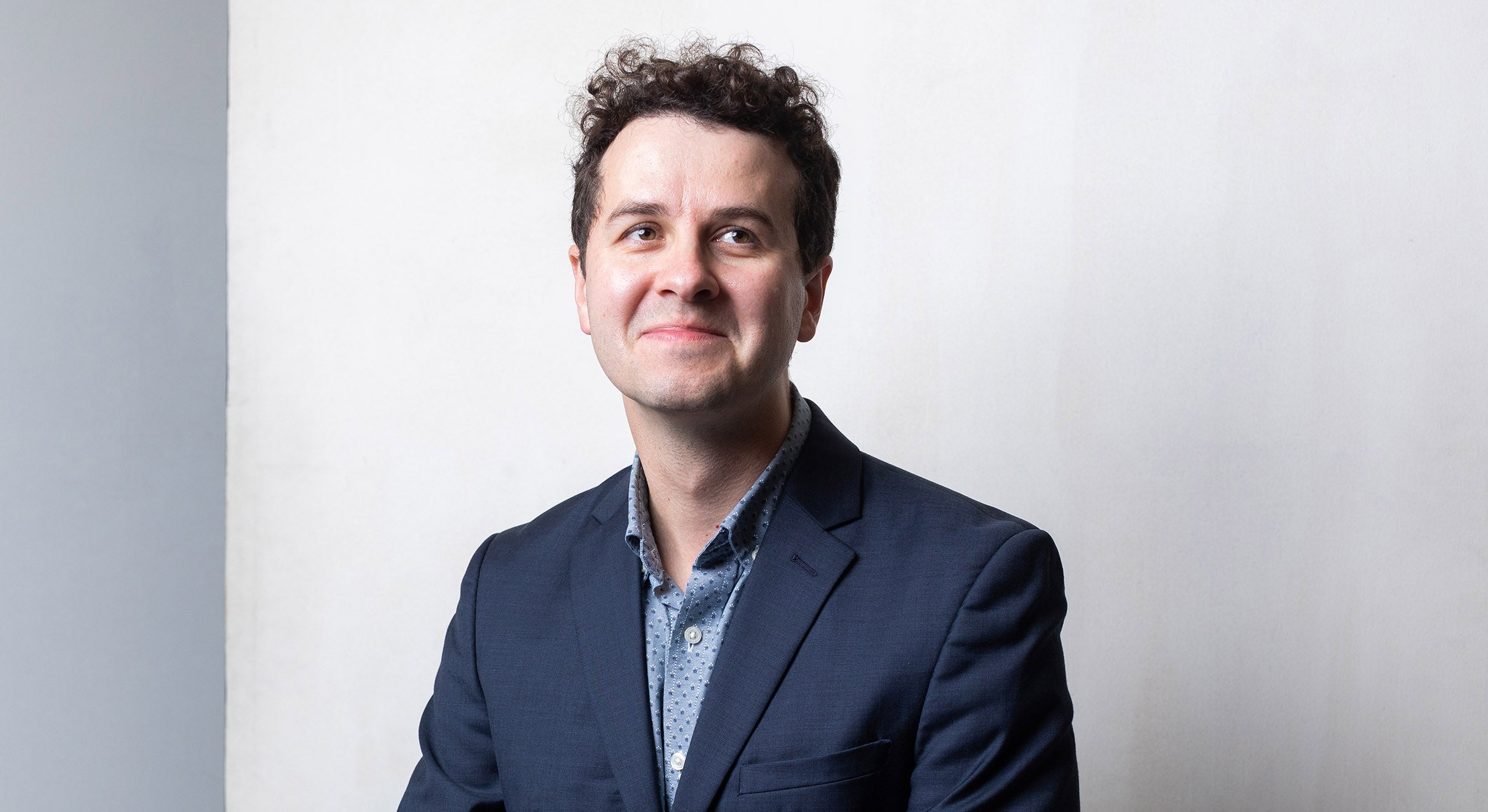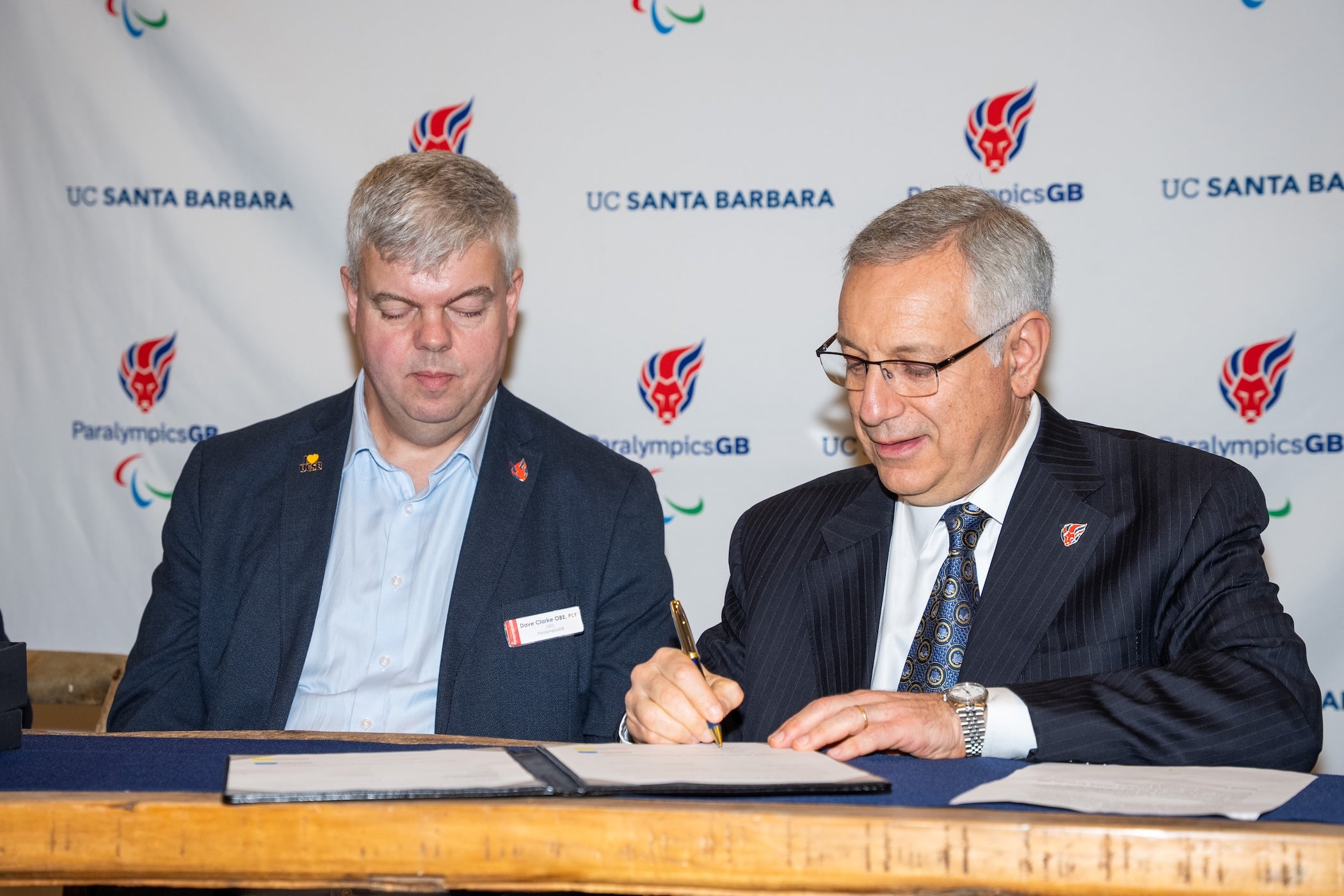The Life of Early Chicana Music Star Lydia Mendoza Told in Book by UCSB's Yolanda Broyles-Gonzalez
She was one of the great singers of the 20th century, rising to icon status throughout the Spanish-speaking world with her songs of the Texas and Mexican borderlands.
And her gift was worthy of appreciation from far beyond the boundaries of culture and tongue.
The uninitiated have a second chance to know and appreciate Lydia Mendoza, the now 85-year-old Norteño and Tejano music diva, thanks to the efforts of Yolanda Broyles-González, a professor of Chicano Studies at the University of California, Santa Barbara. In her book "Lydia Mendoza's Life in Music: La historia de Lydia Mendoza" (2001, Oxford University Press), Broyles-González recounts Mendoza's life, as told to her by the star before Mendoza's debilitating stroke in 1987.
The text is written first in English, then in Spanish and includes a compact disc with 12 songs recorded during a Mendoza concert in Santa Barbara, California in 1986.
Broyles-González will discuss her book at 4 p.m. on Tuesday, Feb. 5 in UCSB's McCune Conference Room in the Humanities and Social Sciences Building.
Copies of her book will be available for purchase and signing at this event.
"I first heard about Lydia Mendoza from my mother when I was a child," said Broyles-González.
"When my mother was a child in Sinaloa (Mexico), the people would share a record player between villages and they would play Lydia's records. Lydia sang all of our borderlands Mexican songs and is greatly loved."
It was a long way from Mendoza's hometown, Houston, Texas, to the villages of Mexico.
And to the radio stations in Colombia and Peru.
And to the farming communities teeming with Mexican workers throughout the American West.
Mendoza's music traveled to all those places, first through those then modern marvels called the phonograph record and radio and eventually in the person of Mendoza herself.
Mendoza tells her story in her own words, from her childhood in a musical family to her individual stardom, to the awards and honors, including the National Medal of Arts presented her by President Bill Clinton in 1999 and her performance at the inauguration of President Jimmy Carter in 1977.
In many ways, Mendoza was an American pioneer who paved the way for ensuing generations of Chicano and Latino musicians.
With the backing of her first husband, she refused to give in to family and societal pressures to give up her career upon marriage, thus helping to open doors to a life outside the home for Chicana women.
And despite her success, she never lost sight of her roots, earning the nicknames "La Alondra de la Frontera" (The Meadowlark of the Border) and "La Cancionera de los Pobres" (Singer of the Poor).
"She's a working-class legend," Broyles-González said.
Broyles-González was a professor at the University of Texas at San Antonio when she met and developed a friendship with Mendoza.
During her 1986 concert in Santa Barbara, Mendoza told Broyles-González that after much consideration, she wanted the story of her life recorded and asked Broyles-González to help her.
"An elder speaks and you listen," Broyles-González said.
"I am very happy I could serve in that capacity."
So too will be Mendoza's many fans.



